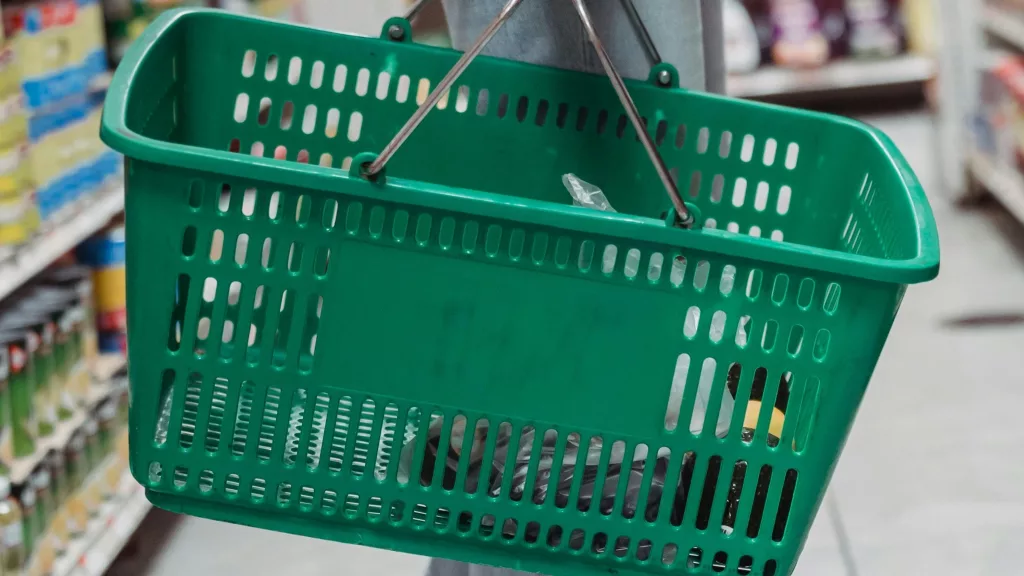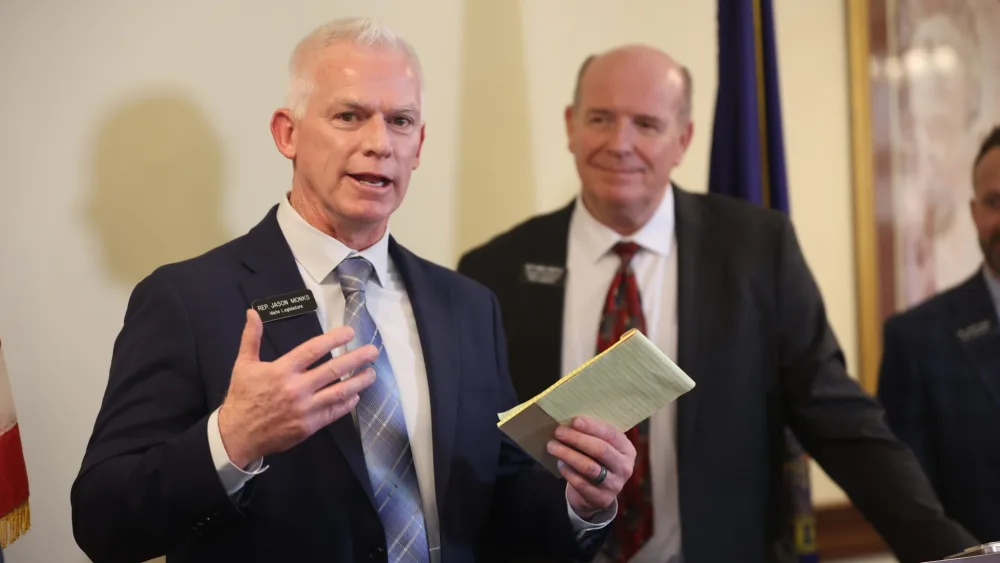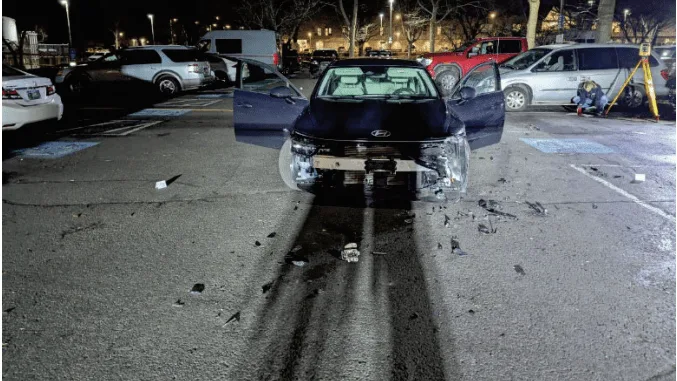OLYMPIA, WA – Tens of thousands of low-income Washingtonians could lose federal food assistance if Republicans move ahead with plans in a bill the U.S. House passed last month.
That’s according to estimates from the state and researchers at a left-leaning think tank. The cuts to the Supplemental Nutrition Assistance Program, also known as food stamps, stem from a tax cut and spending package Republicans call their “big, beautiful bill.” This legislation passed the U.S. House on May 22 and still needs approval from the Senate before it can reach President Donald Trump’s desk.
If more stringent work requirements in the bill take effect, about 79,000 people in Washington would be at risk of losing their benefits entirely, and 149,000 would be at risk of losing some SNAP benefits, according to the Center on Budget and Policy Priorities, a liberal think tank. The majority of those people live in eastern Washington or the Olympic Peninsula.
The state’s Department of Social and Health Services estimates more than 900,000 people in Washington could see benefits reduced or eliminated if the bill is approved as written.
“The expanded work requirements provision alone would risk more than 198,000 Washingtonians losing access to critical food benefits statewide,” said Adolfo Capestany, a spokesperson for the department.
Around 10% of the state’s population receives SNAP benefits according to the U.S. Department of Agriculture.
The majority of people affected by the cuts would be children, older adults, and people with disabilities.
“The bill would decrease the average monthly SNAP benefit for households by $55.95, from $331.58 per month to $275.63,” said Capestany.
What’s proposed in the Republican bill is the largest cut in the program’s history, according to the nonpartisan Congressional Budget Office. Nationwide, the program would see a $300 billion, or roughly 30%, reduction.
Since SNAP was introduced, the federal government has fully funded the cost of the food benefits, while states are responsible for screening for eligibility and issuing benefits. States have paid roughly half the cost of administering the program.
The bill would require additional work requirement screening and would try to shift more costs to states. Studies have shown that work requirements do not boost employment, but do pose challenges for people trying to access benefits.
At minimum under the Republican proposal, states would be required to pay 5% of SNAP benefits starting in 2028. States that exceed certain thresholds in making errors distributing SNAP payments would have to pay more.
“Washington would be required to backfill hundreds of millions of dollars in reduced federal funding annually,” Capestany said.
State error rates vary from year to year, which could create challenges in the state’s annual budget process. The addition of the work requirement would increase states’ administrative burden and increase the risk of errors, according to the report.
Capestany noted that the SNAP cuts Republicans are considering would trickle down to the economy and could decrease the amount flowing to Washington businesses, like grocers and retailers, by an estimated $360 million a year.
This story was first published on Washington State Standard.





